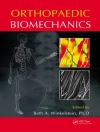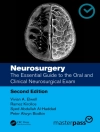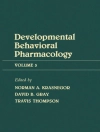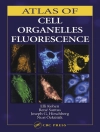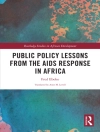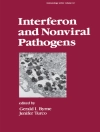General estimations propose that 3-5% of the child population worldwide shows different degrees of giftedness for performing of outstanding talents. Giftedness is thought to represent an advantage for social adaptation due to the higher intellectual capabilities over average people. However, several studies show that eminent adults are significantly less than gifted children, suggesting that a great number of talented children are lost. On the other hand, gifted children often show several psychosocial abnormalities such as social isolation (which likely leads to eventual depressive disorders), aggressive behavior (commonly related to incomprehension by close relatives), bullying and a varying degrees of academic performance among other stressors related with scholarly life. Giftedness is frequently confused with some psychopathological alterations; the subsequent medication is a clinical action with unpredictable consequences that may affect the outstanding talents and general mental health of gifted children. These and other biopsychosocial factors make gifted children (and adults) a vulnerable social group. Thus, based on the relatively scarce scientific literature related to giftedness, the content of this book aims to integrate the factors of some of the neurobiological, psychological, social, and educational aspects related to giftedness into common knowledge, and it may also be useful for professionals dedicated to the scientific study and clinical or educational attention of gifted children.
Ignacio Gonzalez-Burgos
Psychobiological, Clinical, and Educational Aspects of Giftedness [PDF ebook]
Psychobiological, Clinical, and Educational Aspects of Giftedness [PDF ebook]
قم بشراء هذا الكتاب الإلكتروني واحصل على كتاب آخر مجانًا!
شكل PDF ● صفحات 239 ● ISBN 9781536130522 ● محرر Ignacio Gonzalez-Burgos ● الناشر Nova Science Publishers ● نشرت 2018 ● للتحميل 3 مرات ● دقة EUR ● هوية شخصية 7217573 ● حماية النسخ Adobe DRM
يتطلب قارئ الكتاب الاليكتروني قادرة DRM



